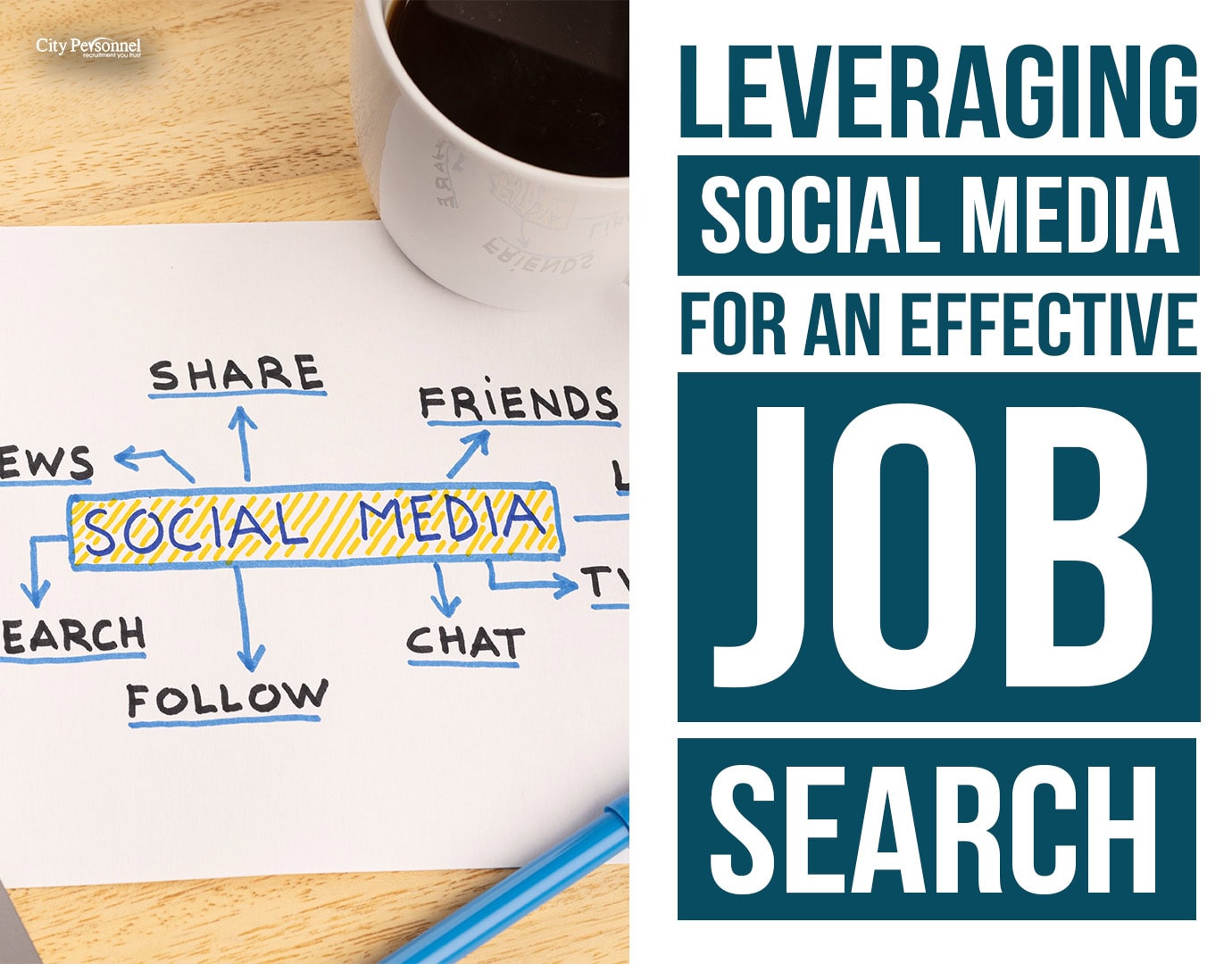In an environment where professional success is often tied to subtle interpersonal dynamics, influence stands as a silent but powerful currency. Building positive influence means you’re better equipped to inspire teams, drive change, and swiftly advance your career. On the flip side, there are behaviors that can chip away at your influence without you even realizing it, leading to missed opportunities and a less-than-desirable work environment.
In this blog, we uncover 10 behaviors that could be undermining your influence at work. It’s time to take charge of the impression you leave and reclaim the impact you have within your professional realm.
Understanding Influence
Before we can dissect the culprits that tear away at our influence, it is vital to understand the mechanics of influence itself. Influence is not solely about authority; it is the ability to guide the behavior, decisions, and opinions of others.
In the context of the workplace, influence is paramount to the effective execution of projects, team collaboration, and personal career trajectory. It is shaped by a myriad of conscious and subconscious factors, including the way we communicate, the value we bring, and the respect we command from our peers.
There are three prevalent dimensions in which influence manifests:
- Expertise: Your knowledge and skillset within your domain.
- Trustworthiness: The reliability and integrity you demonstrate in your actions.
- Likability: The personal relationships and approachability you maintain with others.
Balancing these three dimensions is crucial for building and maintaining a positive influence at work.
10 Behaviors That Damage Your Influence
These behaviors may not seem especially egregious on their own, but over time, they can cast doubts in the minds of colleagues.
1. Undermining Others
When you speak negatively about someone behind their back or take credit for their work, you are slashing at the fabric of trust and respect within your team. Actions like these breed hostility and can quickly erode your influence.
The underminer not only damages the teamwork but also discredits oneself in the long run, often making others question their credibility and intentions.
2. Lack of Accountability
Refusing to take ownership of mistakes or deflecting blame can significantly diminish one’s perceived influence. Accountability is one of the cornerstones of trust and respect in any professional setting.
When accountability is dodged, it creates a culture of uncertainty and can prevent the growth of a team that’s based on trust and shared responsibility.
3. Withholding Information
Information is power, and by hoarding it, you not only limit the effectiveness of your colleagues but also reveal a suspicion toward collaboration. This can lead to isolation and, eventually, a lack of influence.
Secrecy has a way of breeding resentment and doubt. This can be a major roadblock for team cohesion and harmonious workflow.
4. Dismissing the Opinions of Others
Every team member offers a unique perspective—when you dismiss these out of hand, you close off a valuable source of innovation and harmony. It suggests arrogance and can lead to dissension.
Those who are quick to dismiss new ideas often find their own suggestions overlooked or ignored as others begin to place less value on their contributions.
5. Reacting Emotionally
While it’s natural to have emotional responses, allowing them to guide your professional interactions can be detrimental. Reactions driven by frustration, anger, or fear can lead to decisions and actions that are not well-received by the team.
Teams need leaders who can maintain composure under pressure, steering through difficult situations with reason and professionalism.
6. Micromanagement
This behavior stems from a lack of trust in one’s team members. It not only hampers an individual’s productivity but also signals a lack of confidence in your colleagues, which is toxic to team morale and dynamics.
Those who feel they are the most helpful can end up undermining their own authority by failing to empower their team.
7. Being Overly Critical
While constructive feedback is essential for growth, a pattern of excessive criticism can lead to a negative perspective of your influence. It can be demotivating and lead to a lack of respect from your peers.
Criticism without an appreciable context can seem arbitrary and unfair, leading others to question the rationale behind one’s actions and the value one brings.
8. Lack of Communication
Communication forms the bedrock of any productive team. When you fail to keep others informed or do not articulate your expectations clearly, you create an environment of doubt and uncertainty, which is toxic for influence.
Lack of communication often results in misunderstandings and a waste of potential, as team members work in silos, unaware of others’ efforts or intentions.
9. Overpromising and Underdelivering
To protect your influence, it’s crucial to manage expectations effectively. When you overpromise and underdeliver, you lose credibility and the influence that comes with being seen as reliable.
Consistently falling short on commitments can lead to a loss of faith from your colleagues as they begin to second-guess your ability to follow through.
10. Not Recognizing the Achievements of Others
In the quest to bolster one’s own influence, it’s easy to forget the importance of recognizing the contributions of others. Failing to do so can make you appear self-centered and unappreciative, which damages team morale and your personal influence.
Employees who feel their hard work goes unnoticed will likely become disengaged over time, impacting the overall spirit and performance of the team.
The Impact of Damaged Influence at Work
These behaviors don’t just affect you on an individual level; they can also have wide-reaching implications for your team and the company at large.
According to research conducted by Harvard Business Review, 70% of employees believe that their colleagues’ negative behavior has a significant impact on their stress levels and morale at work. This statistic underscores the interconnected nature of workplace dynamics and highlights how detrimental behaviors can permeate through the organizational culture, affecting employee well-being and overall productivity.
Individual Consequences
- Diminished career opportunities and growth.
- Lack of support for initiatives and projects.
- A negative work environment that affects mental well-being.
Team Dynamics
- Eroded trust among team members.
- Reduced collaboration and innovation.
- An environment ripe for conflict and reduced productivity.
Organizational Effects
- Damage to the company’s reputation.
- A culture that’s resistant to change.
- Increased turnover rates, particularly among high-performing employees disillusioned with the working environment.
Strategies to Overcome Damaging Behaviors
Now that you’re aware of the behaviors that can damage your influence, it’s time to proactively tackle them head-on. Here are tactics to turn the ship around and cultivate a more positive influence within your workplace.
Self-Reflection and Feedback: Start by examining your behavior and its impact on others. Seek feedback from trusted colleagues or supervisors to gain a clearer understanding of how your actions are perceived.
Continuous Learning and Development: Invest in your personal growth and professional development. This could involve taking courses on communication, leadership, or emotional intelligence.
Lead by Example: Model the behaviors you want to see in others. By being a team player, receptive to feedback, and accountable for your actions, you create a positive influence that others will notice and respect.
Build Relationships Across the Organization: Cultivate relationships with colleagues from various departments. This not only increases your visibility within the organization but also helps you to appreciate different perspectives and work dynamics.
Improve Your Conflict Resolution Skills: Learn how to handle conflicts diplomatically and constructively. This demonstrates your ability to manage difficult situations and can enhance your stature within the organization.
Align Your Professional Interests with Company Goals: Show a genuine interest in the company’s mission and goals. When your actions are aligned with the organization’s objectives, you become a more influential force within the workplace.
Champion Others’ Success: Take an active role in supporting the achievements of your peers. Celebrating others’ successes not only demonstrates your commitment to the team but also enhances your likeability and trustworthiness.
Rebrand When Necessary: Understand that it’s never too late to change your narrative. If you’ve been known for a particular damaging behavior, actively display changes and improvements so your new, positive influences take root.
Seek Mentorship: A mentor can provide invaluable guidance on how to handle difficult situations and develop the influence needed to grow within the organization.
Focus on Consistency: Consistent behavior, especially in the face of challenging circumstances, showcases reliability and dependability—two pillars of influential leadership.
Reclaim Your Influence Today
In the competitive and collaborative world of work, personal influence is as important as professional competence. By recognizing and addressing these damaging behaviors, you can begin to shape a more positive and effective professional presence.
Remember, your influence is not just about how high you climb, but how well your presence lifts up those around you. Start today, and watch as your influence grows in leaps and bounds, both personally and professionally.







